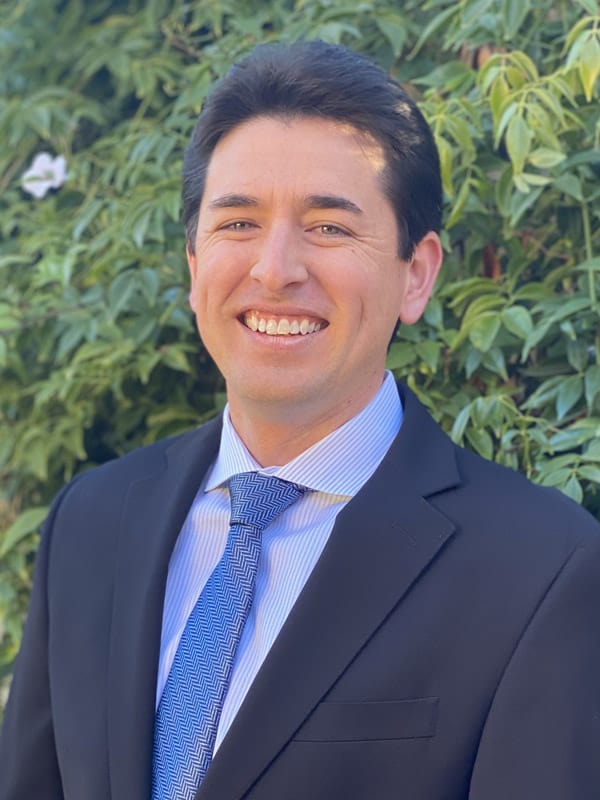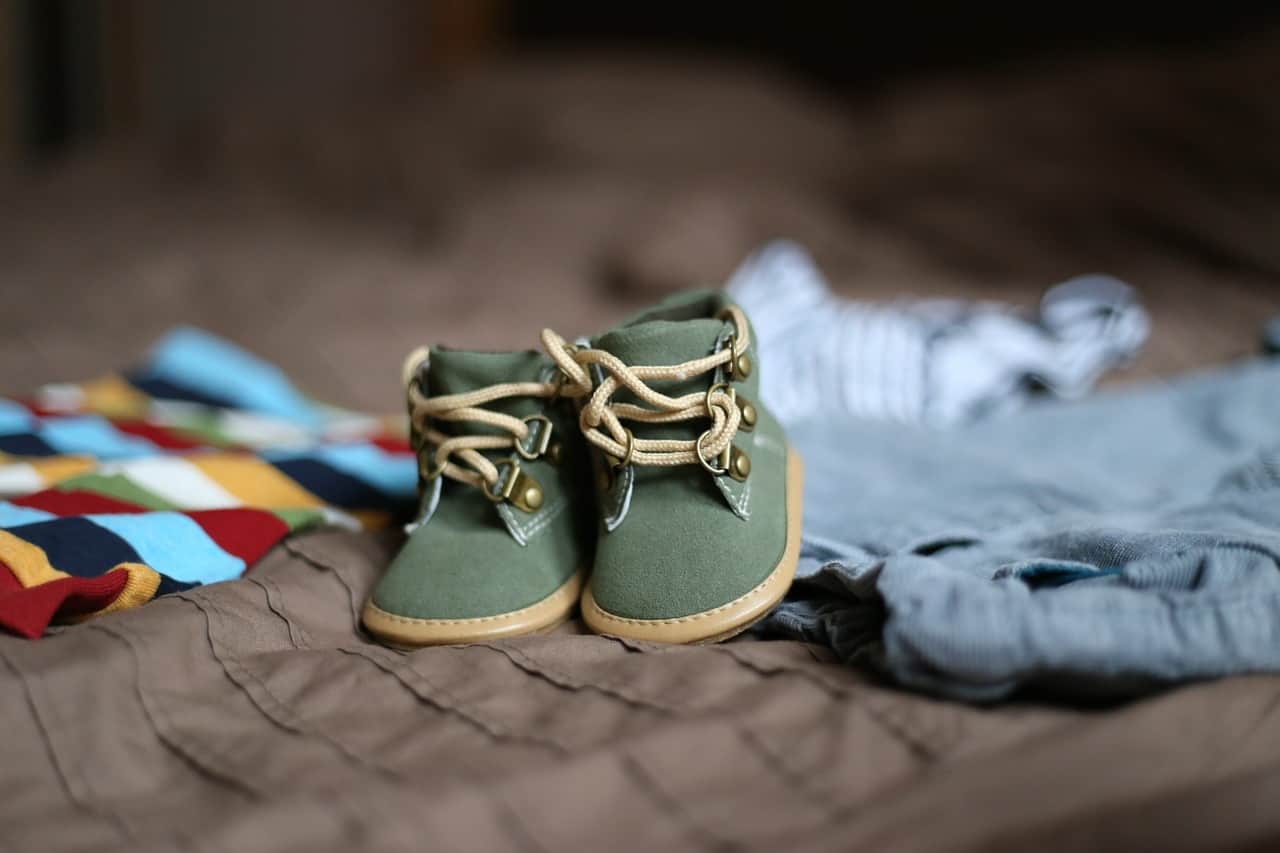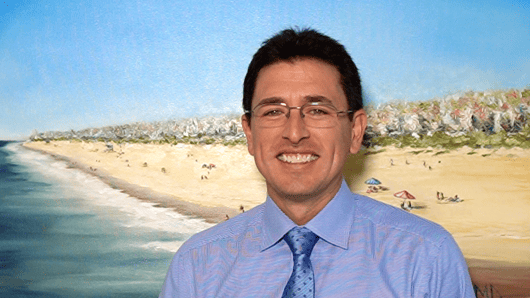My wife and I recently welcomed our second child into our family. Cora is a sweet and easy-going baby. I have heard they grow fast and seeing it first hand, it is true.
Having a child is a good time to reflect about family, the future, and thinking about the financial items to address as a result. The U.S. Department of Agriculture reports that the cost of raising a child is $233,610 which does not include the cost of college. Financial planning for this will be useful. Here are the most important things to do when you have a baby.
The first item to review is your health insurance plan. In most cases, new babies are covered without being listed under their mother’s plan for a 30-day window following birth. After that, you will need to add them to your plan and ideally ensure the pediatrician you choose is in-network and conveniently located. There are a handful of trips you will be making to the doctor’s office the first year.
Next, review your life/disability insurance coverage. A child is a financial responsibility that is your own and it is important to protect your family by having the proper insurance coverage in place in the event of an untimely death or disability. Fortunately, these events are unlikely and as a result insurance coverage is generally affordable. We have found that term-policies typically provide the most cost-effective coverage for young families.
It is also a good idea to update your account beneficiaries and establish or review your estate planning documents (will and/or living trust). You will likely want your new child listed in some capacity as a beneficiary or contingent beneficiary on your accounts which is not always automatic. Establishing a will and/or living trust to name guardians and determine who will take care of your children if you are unable to do so allows you, rather than the state, to decide what is best for your children.
A 529 college savings plan is a tax efficient way to save for your child’s college education. Funds are deposited after-tax but any growth can be withdrawn tax-free for college expenses. The cost of college continues to rise with some schools costing significantly more than others. Getting an early start saving for this future expense will help. Fund the plan consistently irrespective of market movements.
Lastly, with all your efforts focused on the new baby, do not forget to take care of yourself and ensure you continue funding your own personal savings and retirement accounts. When prioritizing where to allocate your savings, remember that there are loans for college, but not for retirement. Now back to changing diapers. Enjoy your little one!





